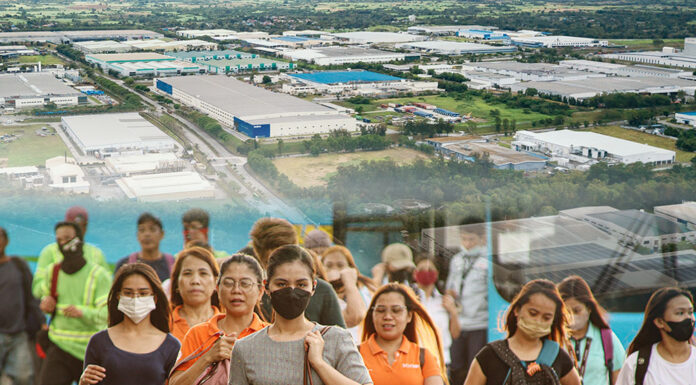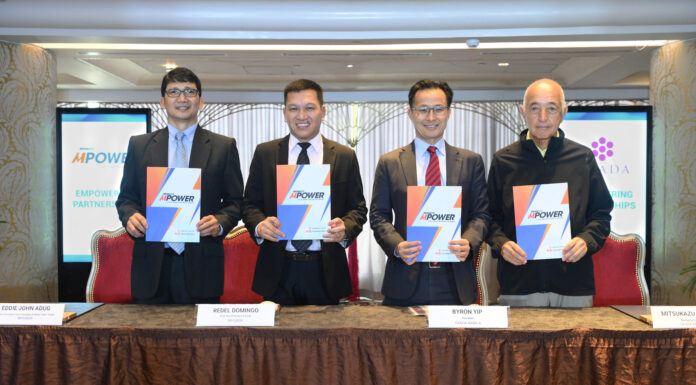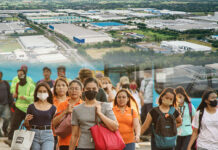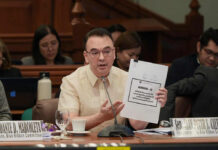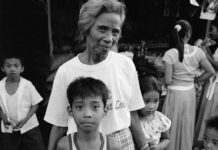THE recent floods triggered by the series of storms that intensified the southwest monsoon (habagat) – have once again put the spotlight on a painful and frustrating truth: we are dangerously unprepared and ill-equipped to confront the worsening impact of climate change.
Last week, we saw entire communities in different parts of Luzon submerged in up to chest-deep floods, which claimed at least 30 lives, according to the National Disaster Risk Reduction and Management Council (NDRRMC).
Lives were upended, roads were impassable, livelihoods lost, and classes and economic activities were largely disrupted by the weeklong severe weather disturbance. What makes the severity of the impact of the floods more frustrating is the fact that this is not new at all. In fact, this has been a recurring problem for as long as I can remember, worsening each passing year. I remember my first experience of floodwaters was back in 1972, when I was 8 years old. I vividly remember the fear I felt as we experienced prolonged flooding in our home in San Isidro, Makati, which at the time was still part of Rizal province.
Damage to infrastructure as of July 27, according to the NDRRMC, has reached over PHP5 billion – with Central Luzon taking the largest beating with PHP3.17 billion worth of damage followed by the Southern Tagalog Region with P855 million, and the Ilocos region with around PHP631 million. The agriculture sector also sustained significant damage amounting to PHP484 million.
At 61, I have seen how floods destroy years of progress. The difference now is, as a senior citizen, I personally feel the greater vulnerability of the elderly. Senior Citizens Party-List Rep. Rodolfo “Ompong” Ordanes in a recent statement emphasized the higher risk that faces the elderly when he called for the greater inclusion of their welfare in the legislative priorities and economic agenda of the government.
This is especially true given that we’re only halfway through the year, which means that more storms are still expected to hit the country and as a result, more floods, as well.
How many more times must we watch families wade through waist-deep floods, lose their homes to landslides and strong winds, and be praised for their “resilience” – as if survival were a choice, not a necessity?
It’s as if we have accustomed ourselves to expect a tragic déjà vu every rainy season.
Filipinos shouldn’t have to be resilient if real, systemic solutions were in place. What we need is accountability in flood control efforts. Today, flood management efforts are scattered across agencies and local government units – often designed with only one area in mind instead of a holistic solution. While we commend the grit and dedication of local officials, emergency responders and volunteers, we cannot rely solely on local efforts and heroism to solve a national problem.
We need a flood czar – a high-level government official with a strong technical background that has the knowledge, experience, and accountability to lead a unified, science-drive, and efficient response to the country’s worsening flood problems.
This person’s main responsibility is to ensure efficient and effective delivery of projects that solve perennial flooding. This person must have clear authority to cut through bureaucracy, align local efforts with national goals, enforce climate-resilient standards, and properly manage funding for modern flood control and urban planning.
Of course, this is easier said than done, which is why such a herculean task requires government support across all levels. Iloilo Rep. Janette Garin highlighted the importance of cutting red tape when she recently called on the administration to work on making government services faster and more responsive to address the “everyday struggles” of the people.
It’s time we stop treating flooding as a seasonal inconvenience and start addressing it as a long-term crisis that requires coordinated, centralized leadership. Climate change is no longer a looming threat. It is an existing major problem that is flooding our homes, destroying our livelihood, and claiming lives.
May the recent floods be the wake-up call we need to push all of us to finally act and address this decades-old problem.|





